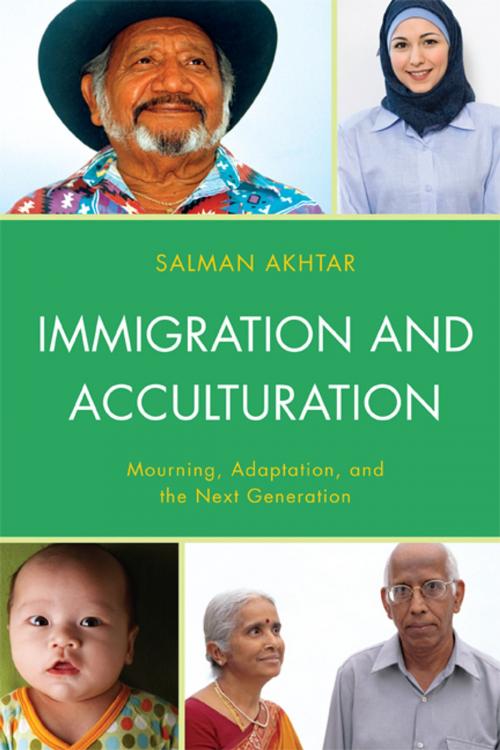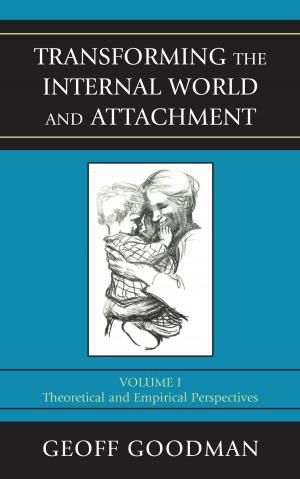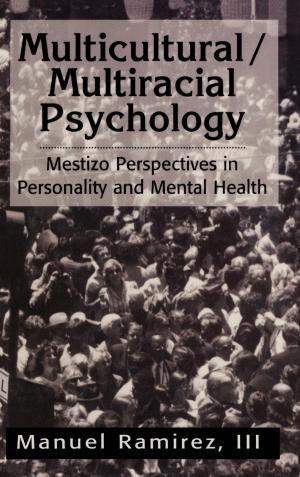Immigration and Acculturation
Mourning, Adaptation, and the Next Generation
Nonfiction, Health & Well Being, Psychology, Child & Adolescent, Adolescent Psychology, Psychoanalysis| Author: | Salman Akhtar | ISBN: | 9780765708267 |
| Publisher: | Jason Aronson, Inc. | Publication: | December 2, 2010 |
| Imprint: | Jason Aronson, Inc. | Language: | English |
| Author: | Salman Akhtar |
| ISBN: | 9780765708267 |
| Publisher: | Jason Aronson, Inc. |
| Publication: | December 2, 2010 |
| Imprint: | Jason Aronson, Inc. |
| Language: | English |
Moving from one country to another causes a radical alteration of one's cultural and geophysical surround. Separation from friends and family, loss of valued possessions, and encountering new ways of living result in mental pain and disorienting anxieties. In Immigration and Acculturation, Salman Akhtar examines the traumatic impact of immigration and the acculturation process and the psychological defenses that are mobilized in the immigrant, including nostalgia and fantasies of return. Akhtar explores each aspect of an immigrant's life, shedding light on the complexities of work, friendship, sex, marriage, aging, religion, and politics, as well as showing how unresolved conflicts are passed on to the next generation. Akhtar provides first-hand accounts from immigrants from a variety of backgrounds and countries of origin, and he provides clinical strategies for working with immigrant and ethnically diverse patients and their offspring. Deftly synthesizing observations from psychoanalysis, anthropology, literature, history, and related disciplines in the humanities, Salman Akhtar elegantly elucidates postmigration identity change.
Moving from one country to another causes a radical alteration of one's cultural and geophysical surround. Separation from friends and family, loss of valued possessions, and encountering new ways of living result in mental pain and disorienting anxieties. In Immigration and Acculturation, Salman Akhtar examines the traumatic impact of immigration and the acculturation process and the psychological defenses that are mobilized in the immigrant, including nostalgia and fantasies of return. Akhtar explores each aspect of an immigrant's life, shedding light on the complexities of work, friendship, sex, marriage, aging, religion, and politics, as well as showing how unresolved conflicts are passed on to the next generation. Akhtar provides first-hand accounts from immigrants from a variety of backgrounds and countries of origin, and he provides clinical strategies for working with immigrant and ethnically diverse patients and their offspring. Deftly synthesizing observations from psychoanalysis, anthropology, literature, history, and related disciplines in the humanities, Salman Akhtar elegantly elucidates postmigration identity change.















